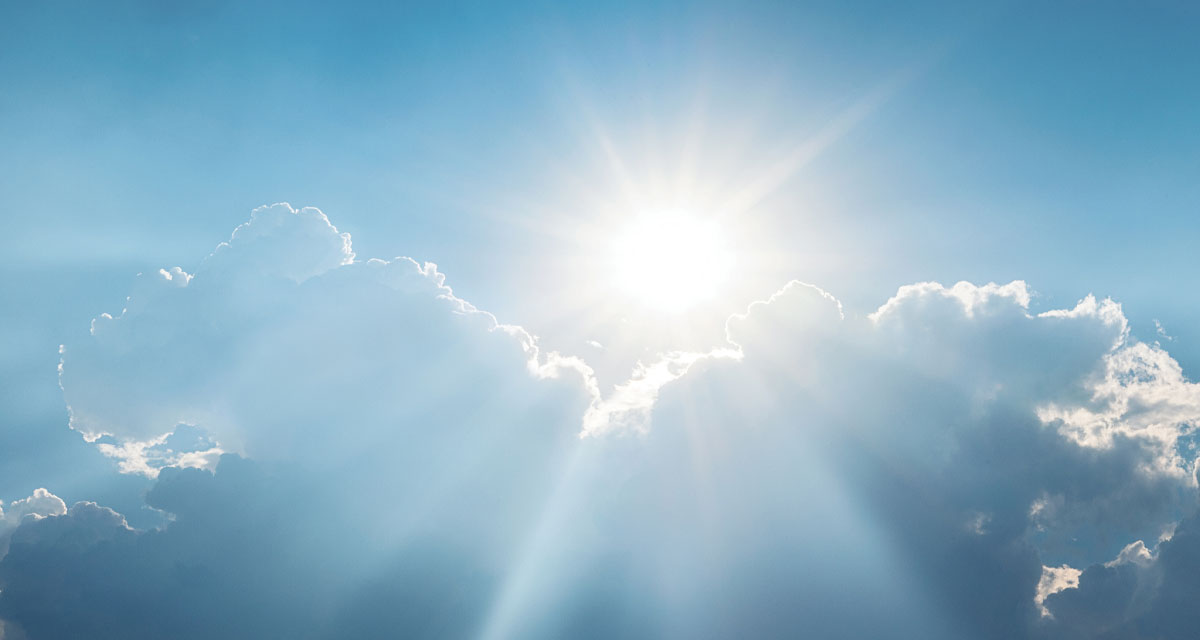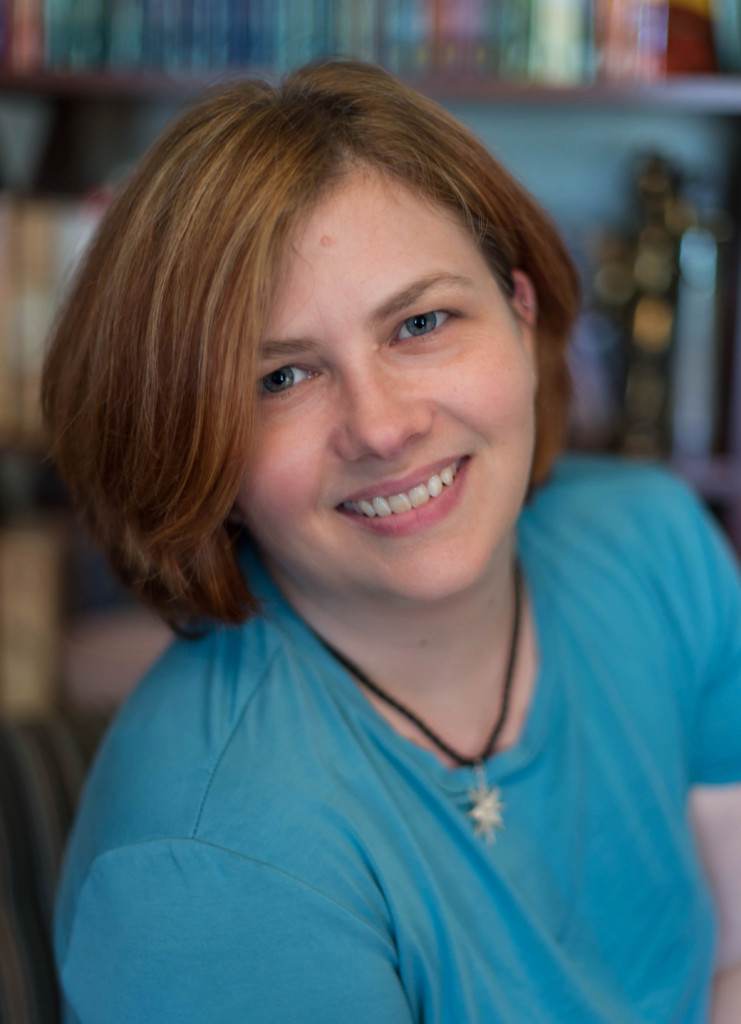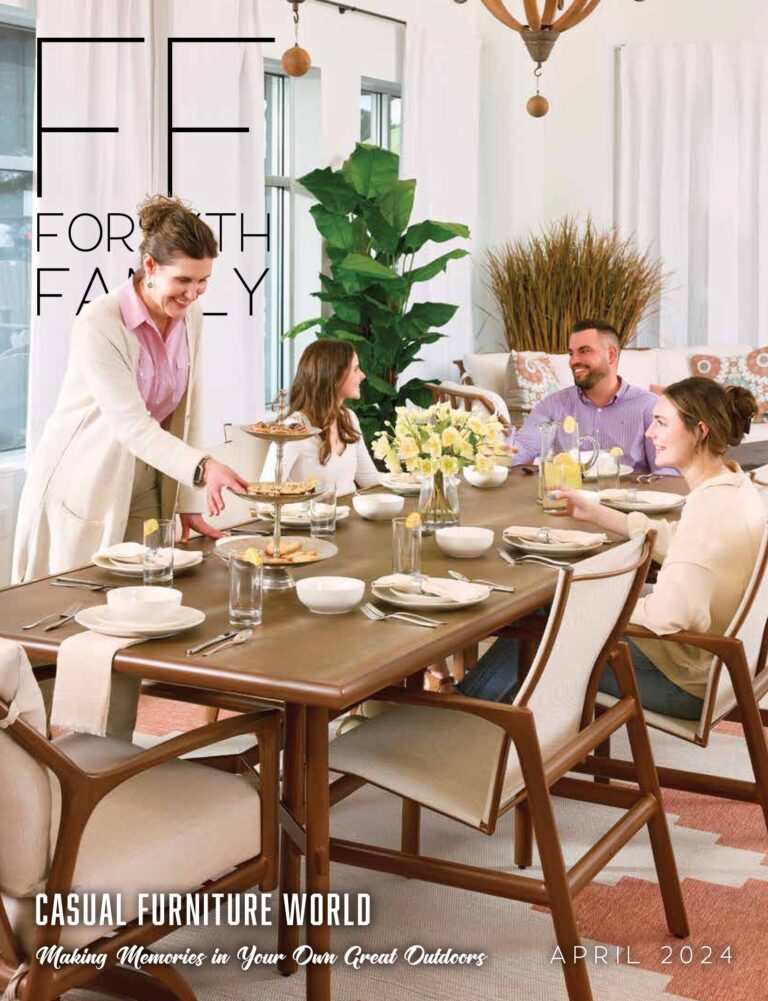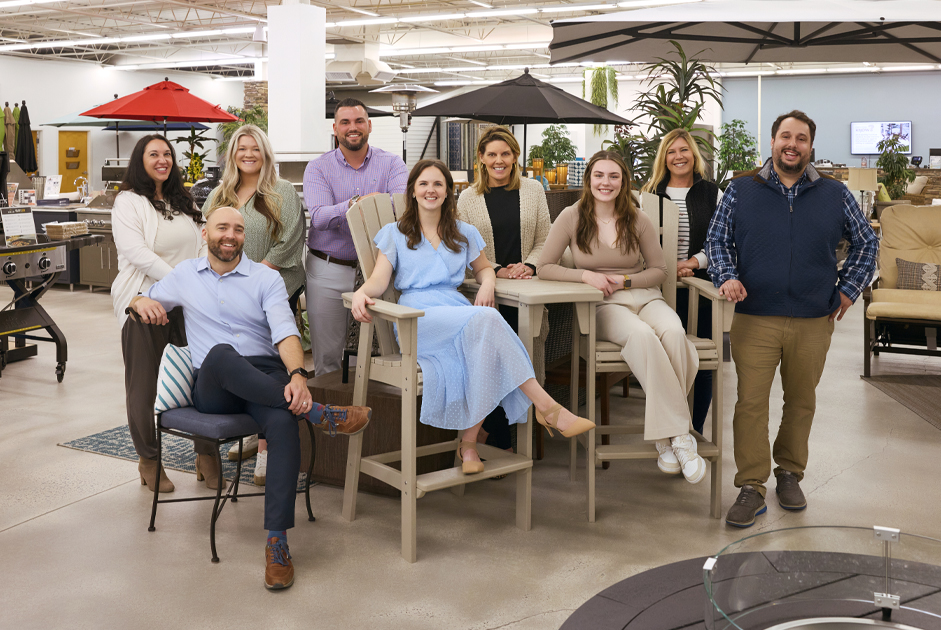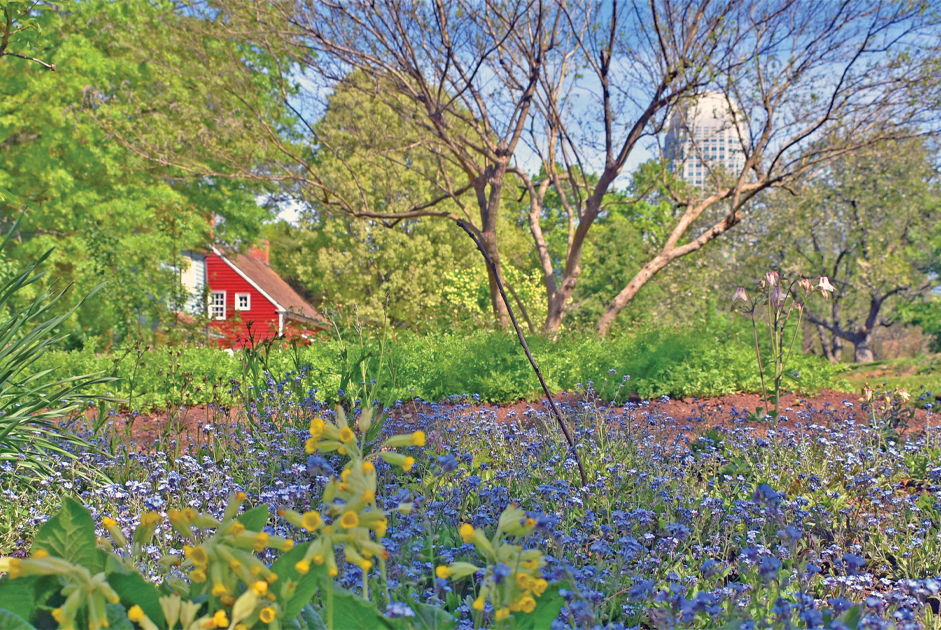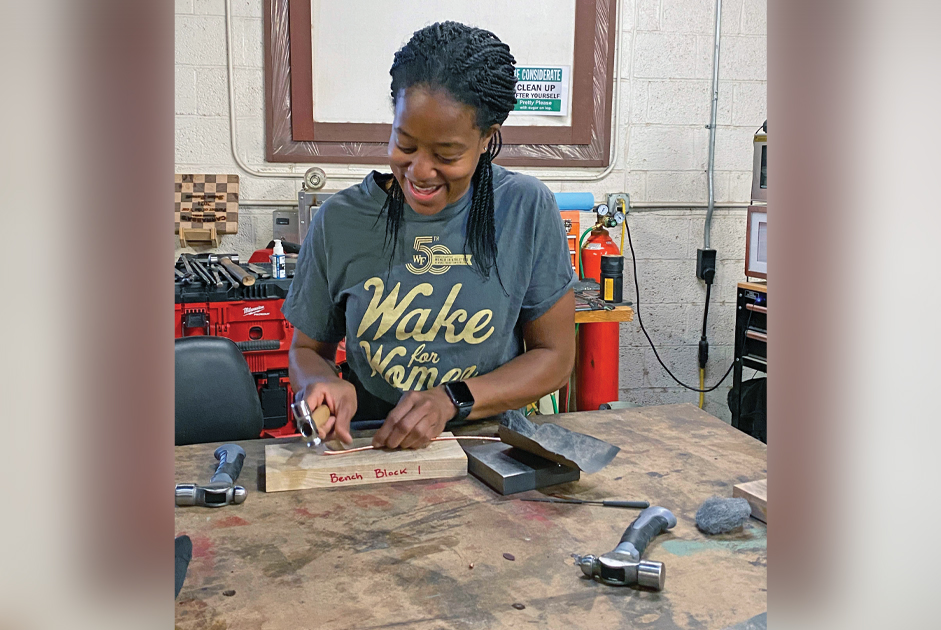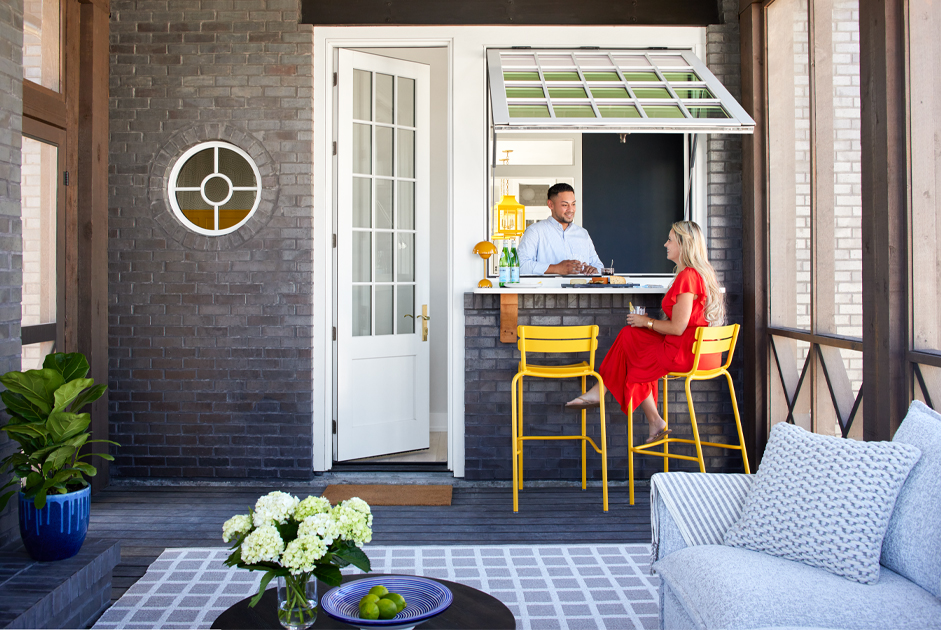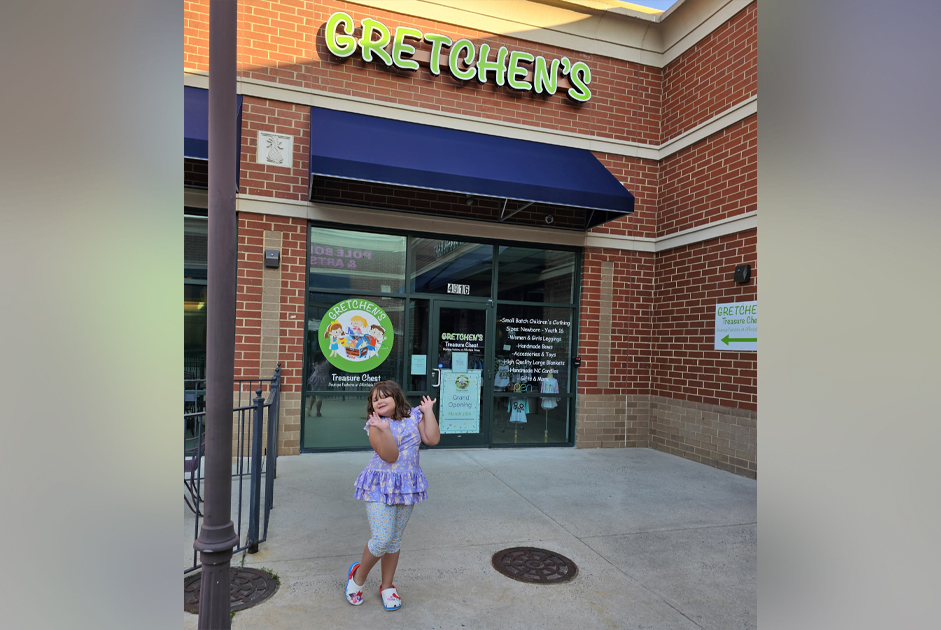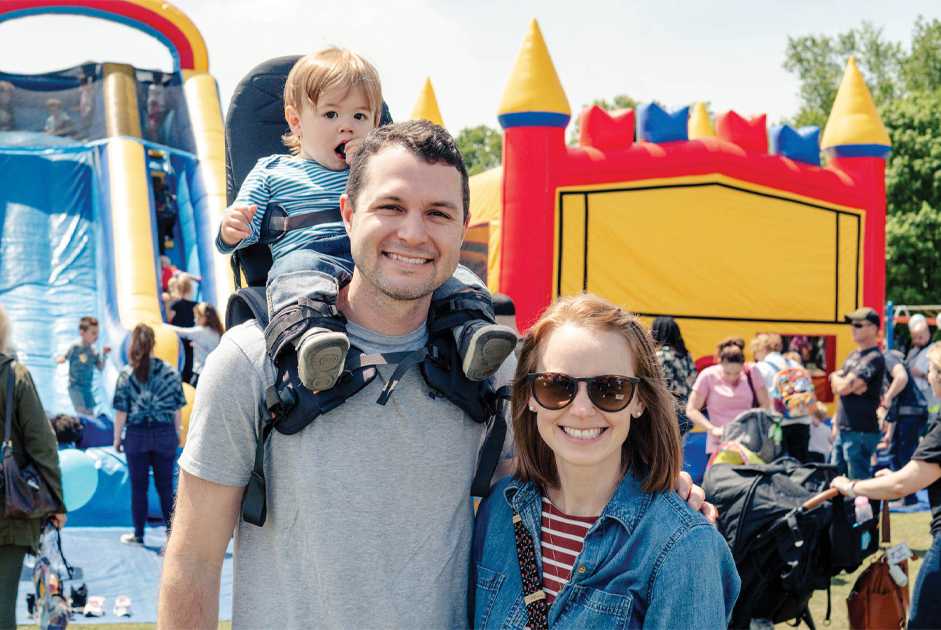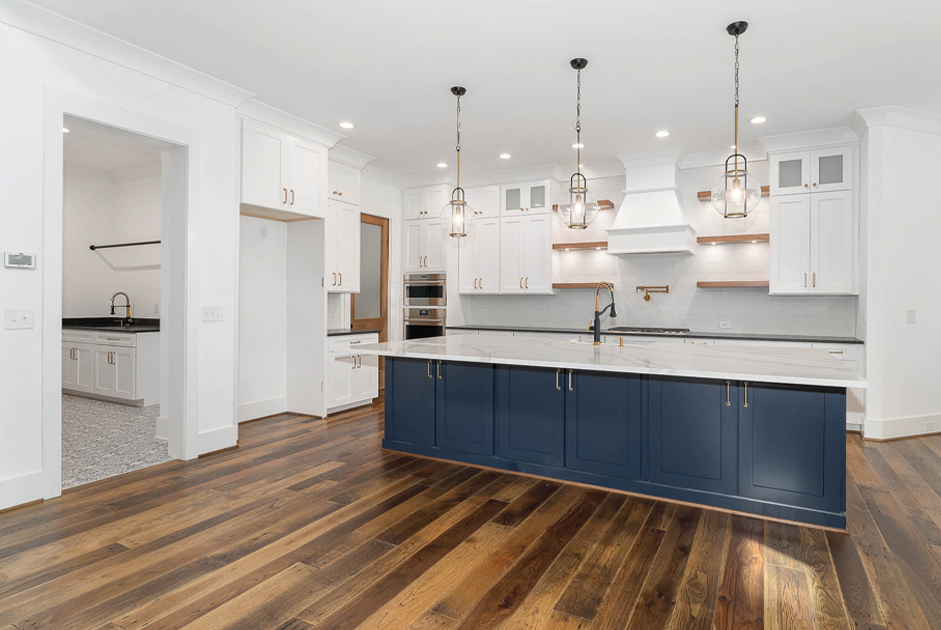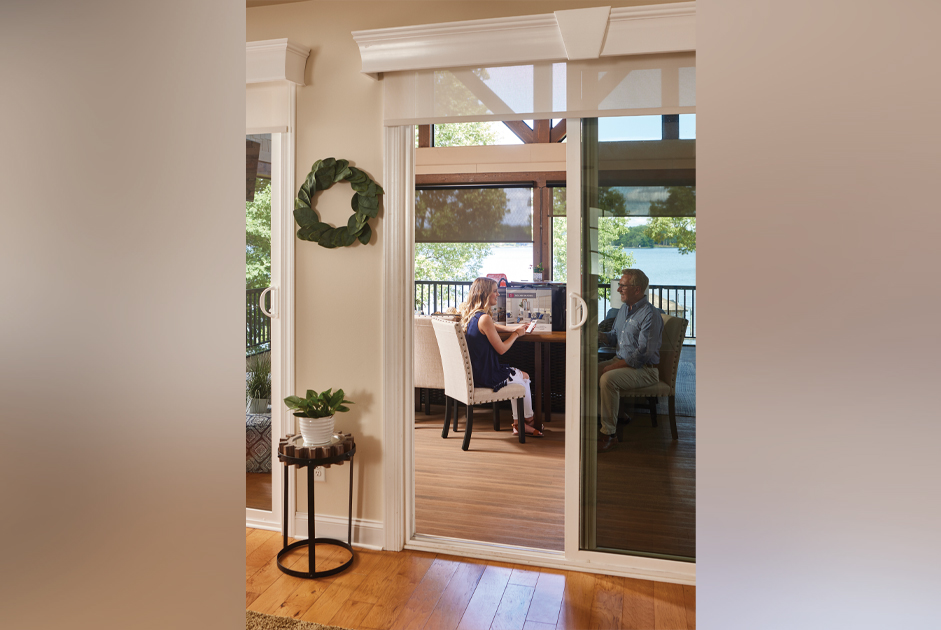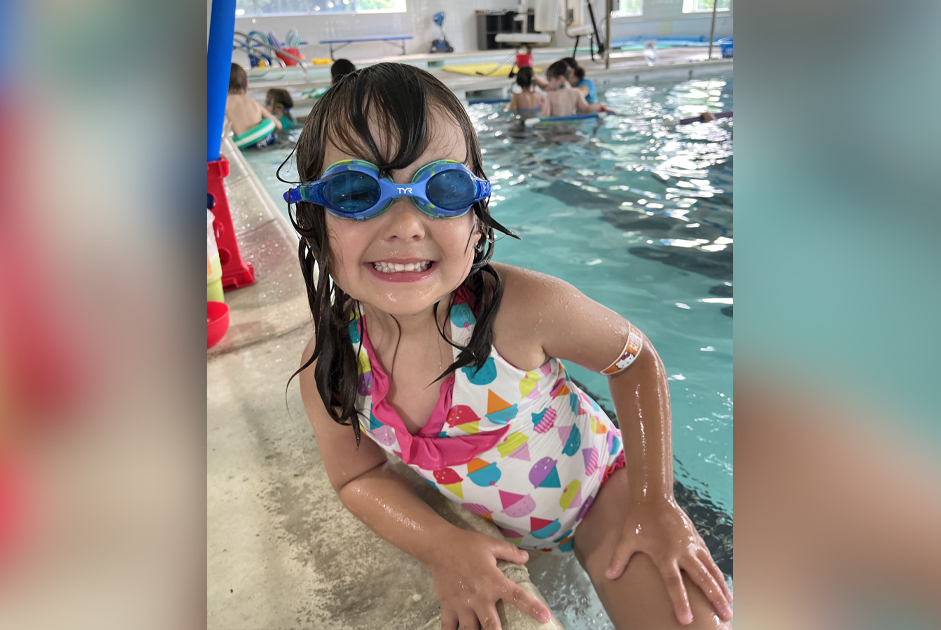I’ve been doing a “Word of the Year” study since 2017, and I’m amazed at how God uses a simple word in such profound ways. And the biggest takeaway from each of them—“Selah,” “Timing,” “Forgiveness,” and this year’s word—is that they are lessons that are learned over and over and over again, well beyond the year in which I focus on them.
I wanted to share a wrap up of my Word of the Year, but I have to first say—if you want clear-cut proof that God has a sense of humor, let me remind you of my 2020 word: “Contentment.”
Of all the years to learn lessons on contentment, 2020 was chock-full of opportunity.
Before I get into those lessons, though, my signature verse for the year was 1 Timothy 6:6-8. It says, “Godliness with contentment is great gain, for we brought nothing into the world, and we cannot take anything out of the world. But if we have food and clothing, with these we will be content” (ESV). What a year to learn contentment; I was glad to have this verse on my phone wallpaper all year, especially as we, as a nation, experienced shortages of paper goods, meat, bread, and other food.
In the January column, I wrote about our emphasis on “stuff.” The focus, at the time, was about material possessions. I talked about the things I consider to be luxuries. The truth is—we have enough. Often, more than enough. And it’s not just about things. Most of us don’t worry about having a roof over our heads, and we have food in the pantry. That puts us all in a category of the world’s wealthiest people. A 2018 report from The Washington Post stated that “After adjusting for cost-of-living differences, a typical American still earns an income that is ten times the income received by the typical person in the world.” And according to a 2015 study by Pew Research, those classified as “poor” by the American government would be considered “middle-income” by global standards. In that same report, half of average Americans live on $50 per day compared to those of the lowest form of poverty, who subsist on less than $2 per day.
But my biggest lessons on contentment weren’t about things I would classify as “luxuries.” They came from my reaction when things felt like they were falling apart.
I remember going to the grocery store in early April when all of the COVID and lockdown stuff was really getting started. I walked up one aisle, full of bold, confident prayers. “You’ve got this, God! I trust You!” Then, down the next aisle, I turned into a weepy mess! “God, I’m scared! I don’t know what to do!” While I shopped and stocked up, my prayers alternated that way. Things were so hard to find and quantities so limited that I found myself buying things I don’t regularly buy. Like dried milk. And dried beans, which for some reason I can never cook right. And I even bought ramen—on purpose. I bought packets of yeast and a bag of bread flour, feeling grateful that I still had my rarely-used bread machine.
I went home and put groceries away. Plus, the groceries I had bought earlier when I had gone to Costco…. And two days later, I put away the stuff from the Costco online order I’d placed. I realized that I was acting as if I were preparing for a nuclear fallout. The only thing that was missing was the underground shelter. (However, I had long wanted one of those well-before COVID. But that’s another topic, another day. To sum it up simply: An underground shelter would be a perfect place for a cozy, hideaway library.) I digress….
This year has been about learning to be content at home. Content to eat at home when restaurants closed. Content to cancel concert plans I had been looking forward to. Content to go to Plan B when Plan A was canceled.
It may have been my word of the year, but to some degree, we have all been faced with some hard lessons on contentment.
Then, on the other hand, there are things which I have begrudgingly accepted, though not with a spirit of contentment. That list quickly gets political, so I’ll shut up.
Contentment has been a hard lesson, and I imagine we’re all going to keep learning it for quite a while. It’s the understatement of the year to say 2020 did not go as any of us planned. But as someone once said, “God isn’t asking you to figure it out. He’s asking you to trust that He already has.” And that’s a sign of contentment—when we can do as Paul did and trust God in both the good times and the bad, plus all the middles of life—the way we can say, as Paul did, “Not that I am speaking of being in need, for I have learned in whatever situation I am to be content. I know how to be brought low, and I know how to abound. In any and every circumstance, I have learned the secret of facing plenty and hunger, abundance and need. I can do all things through him who strengthens me” (Philippians 4:11-13 ESV).

